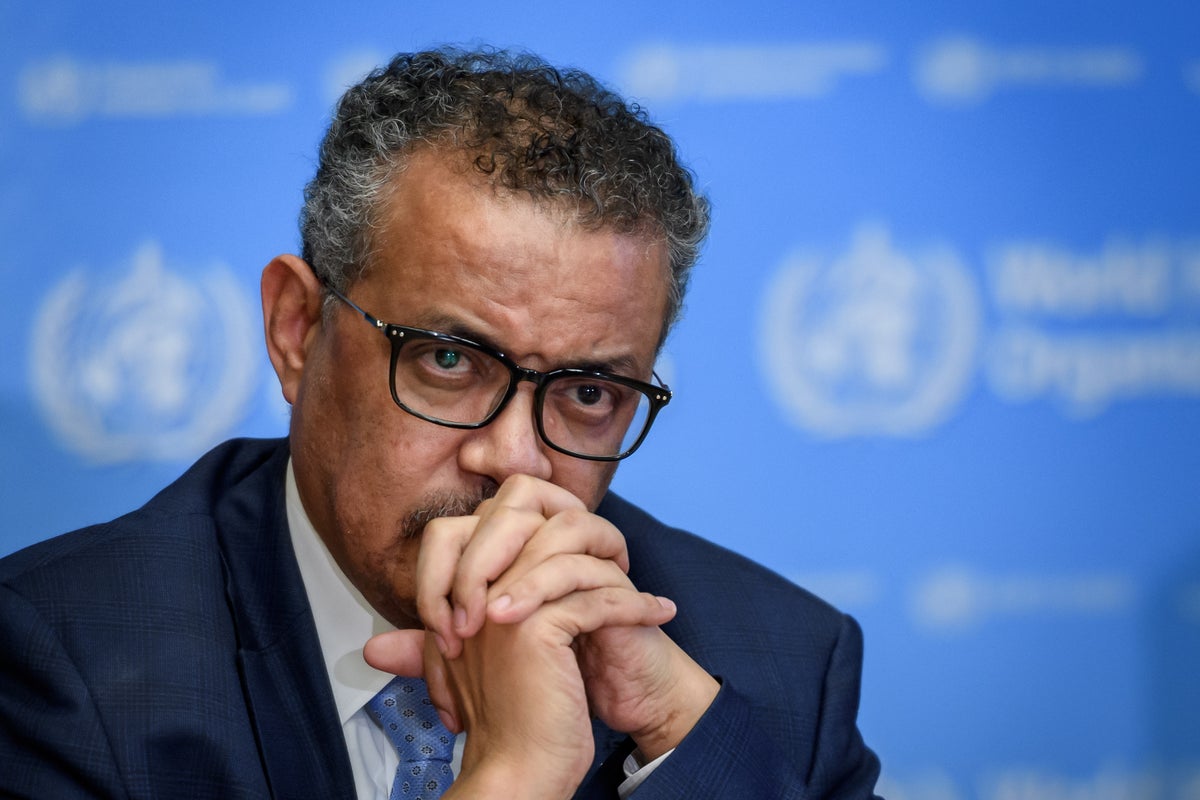
For better or worse, Covid-19 made Tedros Adhanom Ghebreyesus a target.
As the leader of the World Health Organisation throughout the pandemic, the immunologist from Ethiopia has been attacked on all sides. He’s been berated by Donald Trump for being soft on China, called “irresponsible” by Chinese officials, and knocked by health experts who said he was too cautious at the start of the outbreak.
But on a recent day at the WHO headquarters in Geneva, there was little sense of the tumult that surrounds him. Even here, there were hopeful signs of a new era; most employees, including Tedros, were not wearing masks.
Yet he disagrees with those who say the pandemic is over. “We’re still in the middle of a big war,” he says.
Tedros arrived in Washington, DC, on Monday, where he would meet senior US officials to push for more coronavirus assistance. At 57, he is the first African to lead the WHO, the top United Nations body dedicated to global health, and was recently reelected to a second term with bold plans to reform the system.
Though he has a reputation among some as a headstrong leader, Tedros is demure in person, self-conscious about being photographed in a rumpled shirt and explaining away an exercise bike sitting idly in his office. In the hallways of the WHO, Tedros greets everyone from senior officials to cafeteria staff. His employees call him “Dr T” and say he is a hands-on leader, peppering them with regular messages on WhatsApp.
But while Tedros has yet to catch the virus, his life, at the centre of the pandemic, has been infected by the chaos and conspiracy Covid-19 has created. Before the global outbreak, the WHO often worked behind the scenes, tracking disease clusters and providing technical guidance to governments. The agency was founded in 1948 to coordinate the UN’s public health work in the post-war period.
Now, Tedros has an alarm system installed at his home and faces growing calls from his staff to hire a permanent security team.
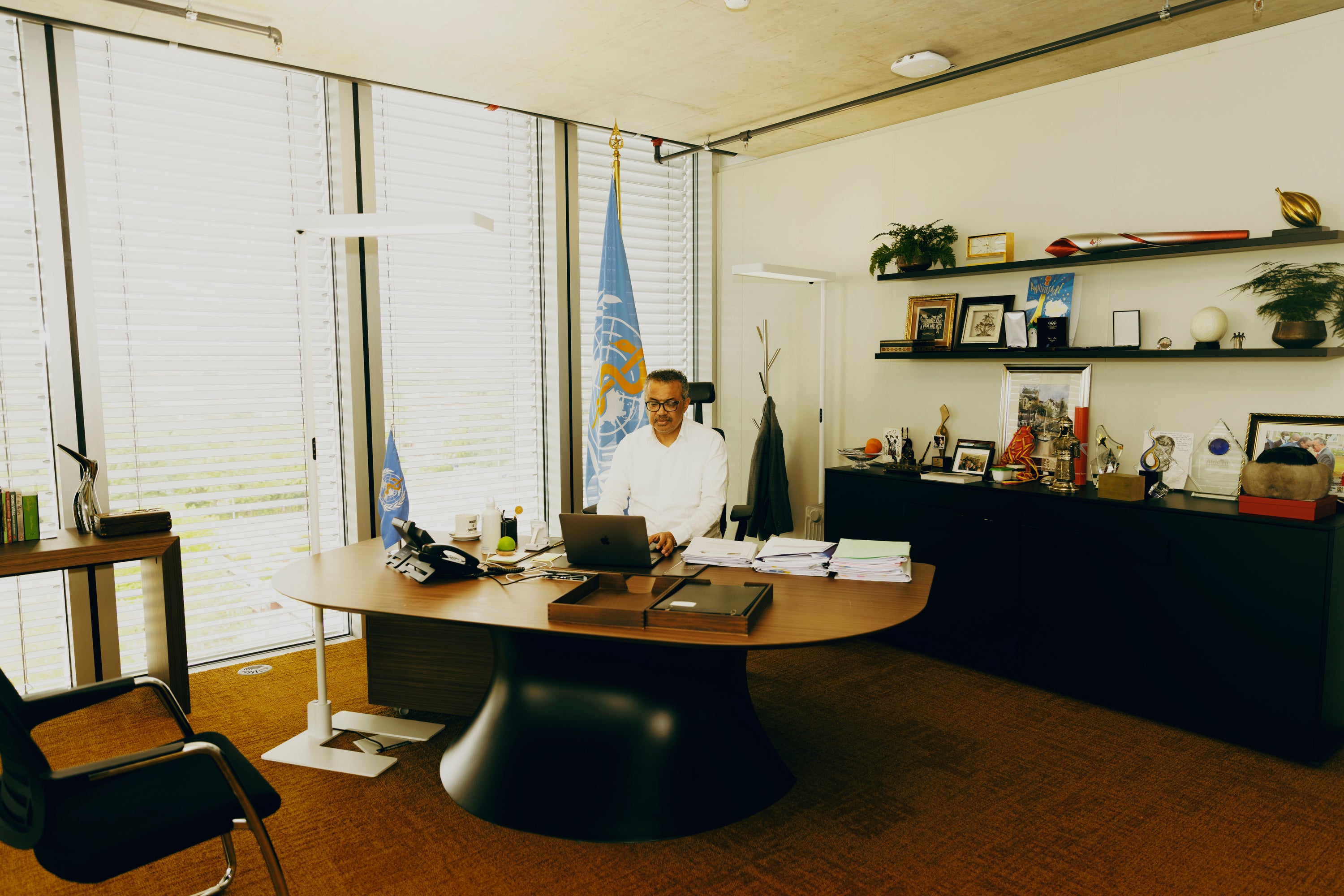
“Many life-threatening messages,” he says quietly over lunch. “Threats direct to my SMS. I don’t know how they got my number.”
Tedros, however, is not backing down. He has pressured China to revive an investigation into the origins of the virus and to roll back its “zero-Covid strategy,” which includes surveillance, isolation, harsh quarantines and travel restrictions.
He is also eager to see his most daring proposal – an international treaty on pandemic preparedness – get off the ground.
At the same time, he has led criticism of Ethiopia’s government over the conflict in Tigray, where millions are now displaced and in “severe” need of food aid, according to the UN But his candour has come at a cost; in 2020, Ethiopian authorities seized a house he had rented in the capital, Addis Ababa.
“I don’t think it’s safe for me” to return to Ethiopia, he says. But, he adds: “What I said about Tigray? I’m just telling the truth.”
Just months into his first term, Tedros appointed Robert Mugabe, Zimbabwe’s strongman president, as a WHO goodwill ambassador
Tedros, an ethnic Tigrayan, was born in 1965 in what is now the Eritrean capital, Asmara. Back then, it was part of Abyssinia, or the Ethiopian Empire, where Tedros said he grew up amid political violence and poverty.
His father worked in the military, while a younger brother died of what Tedros now believes was measles – a tragedy he says motivated him to work in public health.
“I am a war child,” he says. “From childhood, I’ve been conditioned for difficult situations.”
Despite the odds, Tedros ended up on a WHO-funded scholarship at the London School of Hygiene & Tropical Medicine, where he studied the immunology of infectious diseases. He later earned a doctorate in public health medicine from the University of Nottingham in 2000.
Upon returning home, Tedros would join the national government in Ethiopia that was led by the Tigray People’s Liberation Front (TPLF), a former paramilitary group from the Tigray region.
Today, the TPLF is no longer in government – and its forces have been at war with Ethiopia’s military since 2020, following a dispute with Ethiopian Prime Minister, Abiy Ahmed, over elections that were cancelled because of pandemic restrictions.
Abiy’s government has accused Tedros, in a formal letter to the WHO, of spreading misinformation. Ethiopia’s military chief even used a televised address to accuse Tedros, without evidence, of seeking to procure weapons for Tigray fighters.
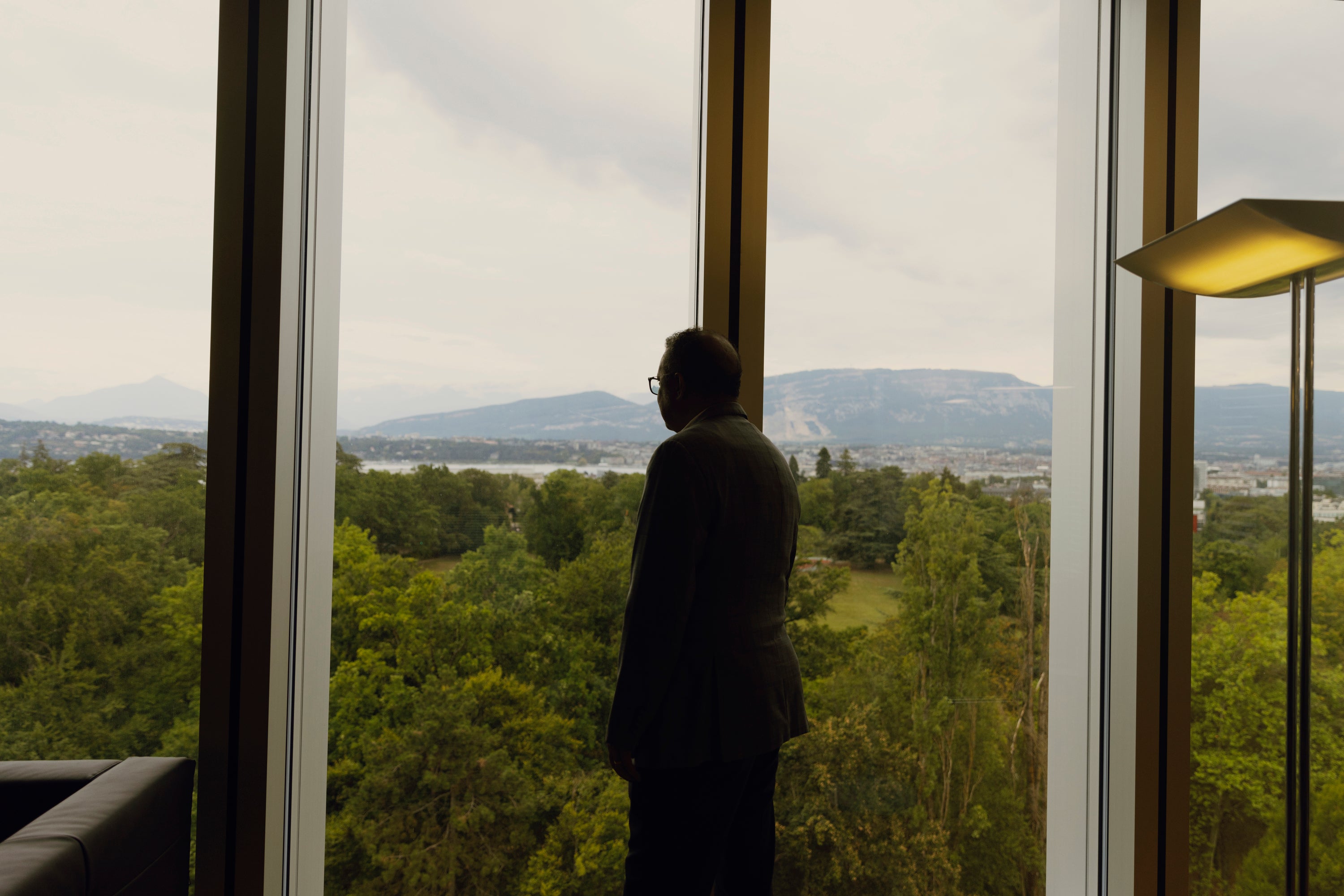
“For opponents who view him as a key, senior TPLF figure, he is a hate figure,” says Will Davison, a senior analyst with the Brussels-based International Crisis Group.
But Tedros, who joined the TPLF as an English-speaking malaria expert, rose through the ranks not as a fighter but a technocrat, serving as Ethiopia’s health minister in 2005 and later as foreign minister in 2012.
In 2017, the government nominated him for the job as director general of the WHO and he became its first elected leader to be born after the organisation’s founding in 1948. He is also the first director general who is not a primary care doctor, something his supporters and critics say allows him to think of the WHO as not merely a medical organisation but also a political force.
Lawrence Gostin, a public health law expert at Georgetown University, said he was initially concerned that Ethiopia’s authoritarian style of government and poor human rights record under the TPLF would influence Tedros’s approach to the job.
But his public remarks about Tigray and recent visits to Ukraine, where he met with local WHO staff, persuaded Gostin. He said that Tedros “has become one of the strongest, if not the strongest, advocates for human rights among WHO director generals.”

Some of his early moves as chief of the WHO, however, worried Western nations: just months into his first term, Tedros appointed Robert Mugabe, Zimbabwe’s strongman president, as a WHO goodwill ambassador, reversing course only after an international outcry.
In the early months of 2020, Tedros also caused controversy when he praised Beijing for its “transparency” around the coronavirus outbreak. The remarks were at odds with evidence that Chinese officials had silenced whistleblowers and undercounted cases – and were seized on by China hawks in the Trump administration and elsewhere.
Trump, who had also praised China early in the pandemic, abruptly switched course as thousands of Americans began to fall ill and die. He made the unprecedented decision to cut funding to the WHO in April 2020, calling the agency a “puppet of China” and withdrawing the United States from the organisation completely.
In Geneva, Tedros recalled a 2017 trip he made to Washington to meet with Trump, who he described pleasant and engaged. But they discussed only one issue.
“The 1918 pandemic,” Tedros says, recalling that Trump had asked: “Could anything like that happen again?”
Then, in 2021, Tedros also infuriated China. Frustrated by Beijing’s efforts to stonewall a joint investigation into the start of the outbreak, he made a public call for China to be more transparent and said it was premature to rule out the theory that the virus escaped from a lab.
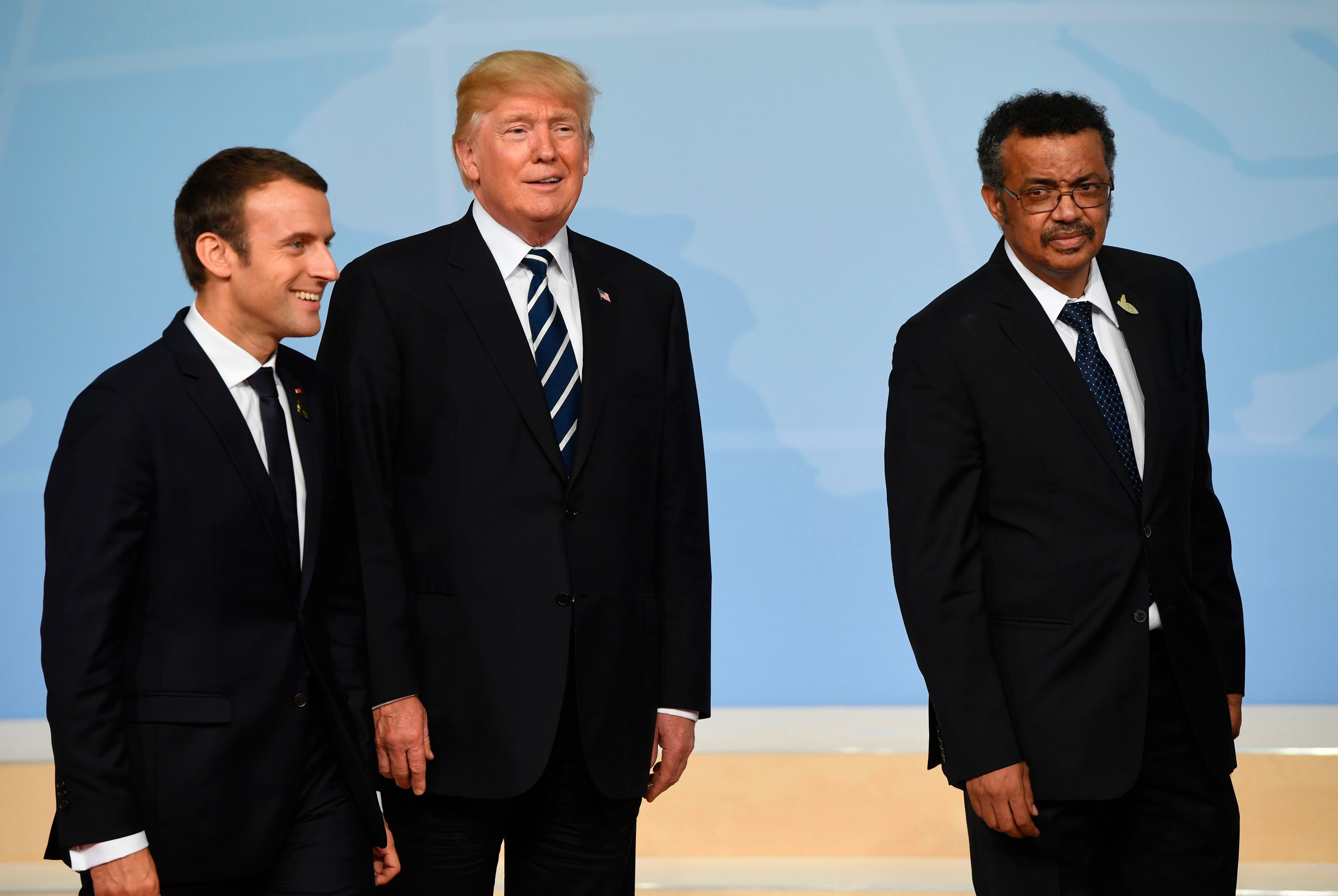
“I was a lab technician myself, I’m an immunologist, and I have worked in the lab, and lab accidents happen,” Tedros said in a news conference at the time.
Chinese officials lashed out at Tedros and accused the WHO of pandering to the United States.
“We lost more than 6 million people,” Tedros says of the pandemic’s death toll. “Morally, it’s important to know what happened.”
But both Tedros and the WHO have also come under scrutiny for mistakes made in the early stages of the outbreak. That could complicate how history views Tedros, no matter what he does in his second term.
Earlier this month, the Lancet Covid-19 Commission, an independent panel of experts that investigated the global response to the pandemic, concluded in a critical report that the WHO “acted too cautiously and too slowly” at the start of the pandemic, “enabling considerable global diffusion of the virus.”
Thousands of people around the world are still dying of Covid-19 every week, and poorer nations still lack vaccines
The report said the agency fumbled key decisions involving airborne transmission and the use of face masks. The commission even noted that Tedros himself had held a closed-door meeting of virologists, public health researchers and some government representatives on 22 January 2020, as the virus spread – but failed to declare the growing outbreak a “public health emergency of international concern,” its most serious classification, until a week later.
Tedros says he was first made aware of the new “viral pneumonia” spreading in Wuhan at 5pm on New Year’s Eve, 2019, when he received a routine text alert from his emergencies team.
“It’s very difficult to say anything at that stage,” Tedros later recalled. But, he said, “every signal that comes worries us. Every single one of them.”
Much of the world appears ready to move on. Even President Biden recently declared the pandemic “over,” and the virus was overshadowed by war and the economy at the opening of the United Nations General Assembly in New York last week.
But for Tedros, who says the end of the pandemic is in sight, “we are not there yet.” Thousands of people around the world are still dying of Covid-19 every week, and poorer nations still lack vaccines. In Washington, he wanted to make sure that the United States stays focused on global health and will rally support for a stronger WHO moving forward.
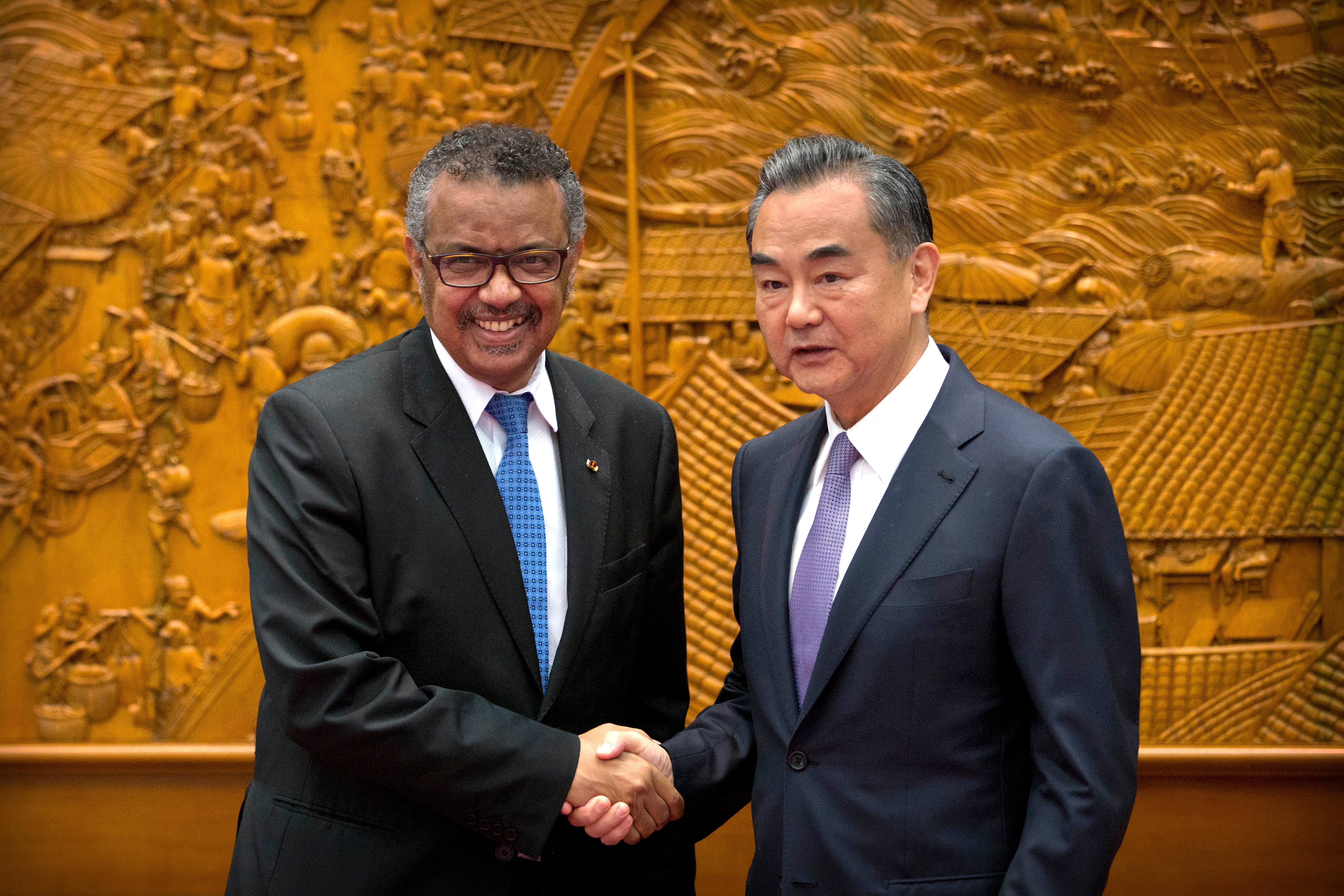
Tedros is already flexing muscles previous directors general have not, moves that experts say have empowered both the agency and its chief. In July, he unilaterally declared monkeypox a “public health emergency of international concern,” after a panel of experts convened by the WHO failed to reach a consensus.
The viral disease, which can be fatal, had long circulated in West Africa. But it began rapidly spreading earlier this year and now there are more than 60,000 reported cases.
Tedros justified the move by saying he only acted because the panel couldn’t agree – but then admitted he would have overruled the experts if they decided against the emergency label.
“I would have. I was convinced,” he says of the monkeypox threat.
For some, the decision signalled a major shift in the behaviour – and potential power – of a WHO director general. None of Tedros’s predecessors “in the history of the WHO” had ever sidestepped an expert panel to declare an emergency, said Gostin.
It was the latest example of Tedros’s increasingly bold decision-making, as he pushes for sweeping reform of the global health infrastructure.
“He’s willing to take political and personal risks with his own reputation,” Gostin says.
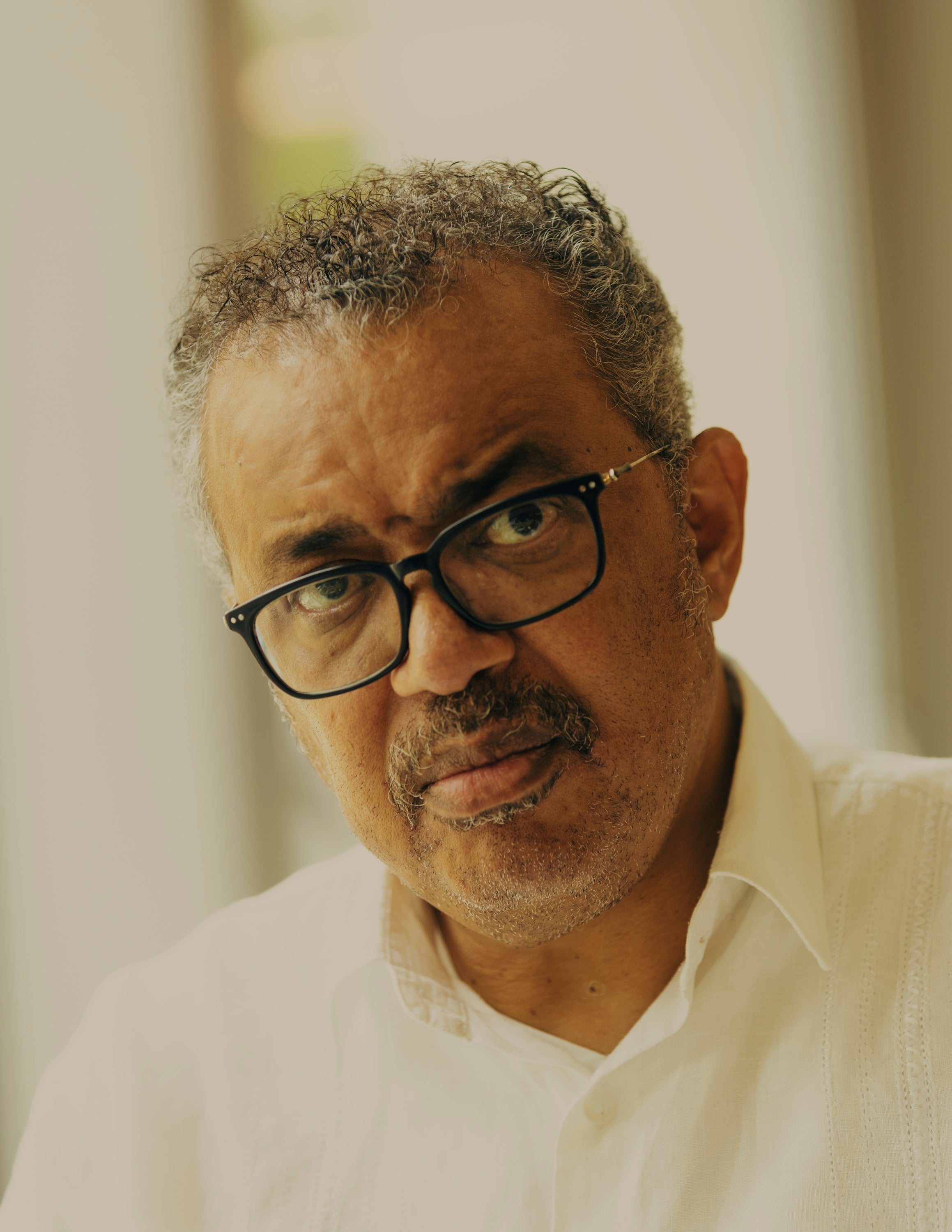
Indeed, Tedros is now staking his legacy on a bold and controversial project, an effort he hopes will produce a new deal among states on how to prepare for and respond to a pandemic.
The proposed agreement, he says, would be a “game changer,” ensuring scientific and political cooperation across borders both before and during an outbreak. A majority of member states support the idea and have pledged to finalise a draft text at the World Health Assembly, the legislature that governs the WHO, by 2024.
But the discussions have already sparked a backlash, including from prominent right-wing personalities in the United States. Fox News’s Tucker Carlson recently called Tedros a “liar” and “an agent” for China, telling millions of viewers that the WHO seeks to use a pandemic treaty to control “the intimate aspects” of their lives.
Concerns about a deal’s viability are not limited to the fringe. Some experts say there is still little consensus on what it should include. It may not end up being a binding treaty – the United States has lobbied for a weaker resolution without legal obligations.
Some worry that if Tedros pushes too much, the WHO could be at risk.
“There is a case for a stronger WHO, and I think Tedros during this first term has done extremely well to position the WHO for that,” says Anders Nordström, a Swedish doctor who served as the agency’s acting director general in 2006.
“But what does a stronger WHO mean and what are the implications for what the WHO should do and not do?” he says.
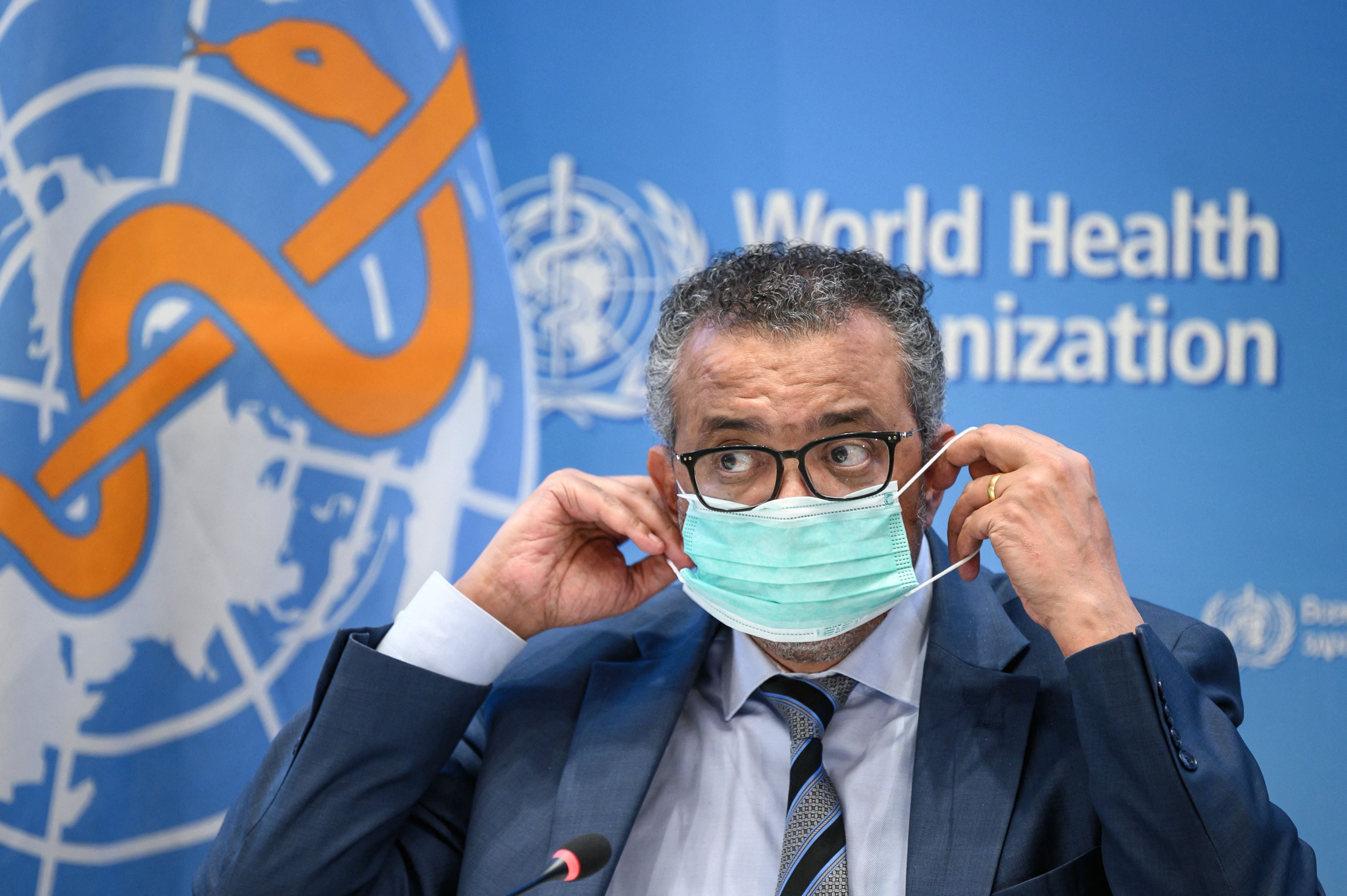
The WHO has an unusually strong constitution for a UN agency, according to Steve Solomon, a lawyer for the organisation. In theory, it allows members to create rules that are automatically binding. In practice, however, it has no power to force countries to do anything they don’t want to do.
Because of that, countries such as Russia and China would probably baulk at a WHO that could order investigations into a public health emergency. But so would the United States, experts say, which has long been sceptical of international agreements.
A starkly divided Congress would also probably fail to ratify a global health treaty with the required two-thirds majority.
“The United States is going to be no more receptive to an independent WHO investigation of an outbreak in Texas than China was,” says David Fidler, an adjunct senior fellow at the Council on Foreign Relations.
But Tedros says he believes the world can work together. The United States and the Soviet Union cooperated to eradicate smallpox at the height of the Cold War in 1979, he says.
And whatever the opposition or vitriol he may inspire, he said he will leave his role as director general at the end of his second term in 2027.
As for the WHO and its future as the world’s top health body?
“It’s irreplaceable,” Tedros says.
© The Washington Post







